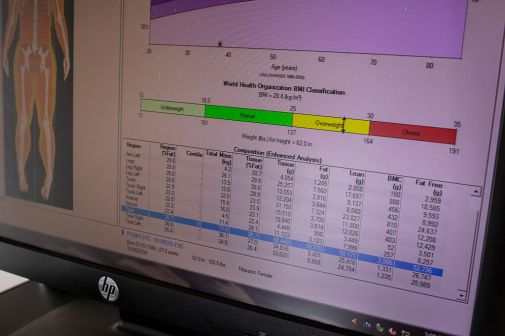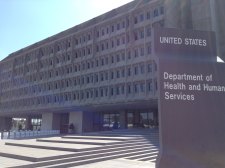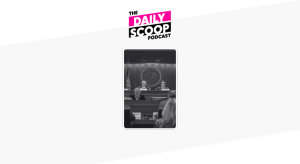The Office of the National Coordinator for Health Information Technology released a strategic plan for the next five years of federal health IT expansion Monday that will act as the basis for next year’s forthcoming Nationwide Interoperability Roadmap.
The document, an update to the previous strategic plan released in 2011, identifies the federal government’s health IT priorities focused around the collection, sharing and use of medical information through 2020 and “sets the course for the next few years for the federal policy and planning and work around health information technology,” said Karen DeSalvo, the national coordinator for health IT, in a teleconference.
“Health care impacts about 10 to 20 percent of a somebody’s health, and we really want to expand that universe of opportunity and think through how human and social services, how community inputs and organizations, how where people live, learn, work and play influences their health and how we can expand the health IT ecosystem that would, where appropriate, be able to capture and share and use that health information to the betterment of the people and the community’s health and think through what ways we can advance that,” DeSalvo said.
ONC, as directed by the Health Information Technology for Economic and Clinical Health (HITECH) Act, will lead the charge with the help of 35 partnering agencies and departments, like the Veterans Affairs, Justice and Defense departments and the Social Security Administration, to execute on the
plan, which takes a deeper and broader dive into the transforming and growing health IT ecosystem.
“The prior plan was written at the height of the work around [the HITECH Act] and a lot of our efforts at that time, appropriately, were on thinking through how those levers — meaningful use, some of the grant programs, the Affordable Care Act — could advance health IT to the end of improving care delivery,” DeSalvo said. “This was our opportunity to work with our federal partners and think about a future agenda in which we’re working to improve health well beyond what the health care system can do.”
Seth Sazinski, director of ONC’s Office of Planning, Evaluation, and Analysis, said this plan goes beyond the concept of the electronic health record, or EHR. “One of the key points from a strategic emphasis was about broadening our focus with the plan. So this meant more of a focus on health, including health care, as well as from a technology standpoint looking beyond EHRs to other types of health IT and things like telehealth.”
Similarly, in her letter introducing the strategic plan, DeSalvo wrote: “With this updated Plan, the federal government signals that, while we will continue to work towards more widespread adoption of health IT, efforts will begin to include new sources of information and ways to disseminate knowledge quickly, securely, and efficiently. The first two goals of this Plan prioritize increasing the electronic collection and sharing of health information while protecting individual privacy. The final three goals focus on federal efforts to create an environment where interoperable information is used by health care providers, public health entities, researchers, and individuals to improve health, health care, and reduce costs.”
That interoperability element, DeSalvo said on the call, is a huge one. “Because it’s great to collect [data], but unless it’s free and can move, it’s challenging to put it to use,” she said.
The strategic plan will be open to comment for 60 days, during which ONC hopes to hear from the public, medical practitioners and other levels of government what they think. “We want to know if we’re focusing on the things that matter,” DeSalvo said. Some of the questions still at hand concern topics like the ownership and privacy of consumer data generated through devices and opportunities to reform payment.
And in January, ONC should have more information on putting the plan into action, she said.
“This is really about shaping our work in the federal government on behalf of the people of this country such that we are continuing to advance collection of health information in the digital space, thinking about that collection beyond the set of eligible providers that have been the focus of the meaningful use program,” DeSalvo said. “It’s thinking about how that collection becomes more seamless and user-friendly on the front lines, not only for doctors, clinicians and hospitals, but also for other parts of the health IT ecosystem.”






